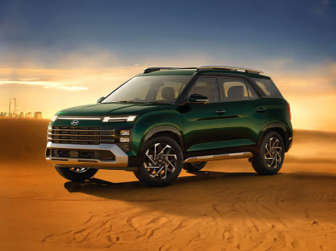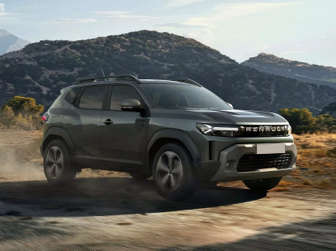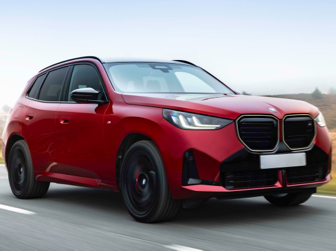Isuzu, the Japanese automotive company well-known for their production of rugged utilitarian SUVs and trucks, has recently confirmed that the next generation of its ever-popular D-Max bakkie is to be produced locally in South Africa.
The D-Max is one of the most popular vehicles sold in the South African market. Michael Sacke, CEO and Managing Director of Isuzu Motors South Africa, mentions how the new D-Max is built for South Africa: “The next generation bakkie will be locally engineered to meet the requirements of the South African and Sub-Saharan Africa markets.”
The new model will be built at the same plant as the outgoing model, in Port Elizabeth. What this also means is that production of the new model cannot commence until the current generation reaches the end of its life cycle. At the time of publication, there has been no official word from Isuzu as to when this may be. Instead, the company has promised that the move will secure 1,000 direct jobs, and that the decision has been backed by a proposed R1.2 billion investment into the next-gen bakkie programme.
Ebrahim Patel, Minister of Trade and Industry, has praised the decision to produce the new D-Max in South Africa, saying the investment “shows confidence in the South African economy’s growth potential”.
The new Isuzu D-Max was unveiled in October by Isuzu’s Thailand division. It features a raft of upgrades that are typically expected of a new model, such as sharper styling, a more advanced 23cm infotainment system with integrated Apple CarPlay and Android Auto, and a more luxurious feel to the cabin with greater quality materials that are softer to the touch.
A 20% increase in body rigidity (thanks to the use of ultra-high tensile steel) has meant the new D-Max is more refined than ever before, with the stiffer body helping to reduce noise and vibration, as well as helping with the overall handling of the bakkie. On the subject of driver comforts, the new D-Max finally features reach adjustment in the steering column, meaning it should be easier than ever before to find a driving position that’s perfect for you.
With that being said, the D-Max hasn’t lost out in the more rugged and practical side of things, either. A newly-developed 3.0l turbo diesel engine will be offered, producing 140kW of power, and a substantial 450Nm of torque. These figures are up against the 130kW and 380Nm numbers of the current outgoing model, meaning the new D-Max will make light work of any towing or heavy cargo you throw at it. If you’re looking for something more frugal, a 1.9l turbo diesel engine will also be available, but for now it’s unconfirmed what that engine’s power outputs are to be.
You’ll be able to get the new D-Max with either an automatic or manual gearbox – both with six speeds that send power to either all four wheels, or just the rears. The four-wheel drive version of the D-Max can now switch between two-wheel and four-wheel drive quicker than ever before, reducing delay if you’re caught out on some unexpectedly rougher terrain.
Other bakkie’s on the South Africa’s roads
If you’re interested in finding out more about other bakkies available in SA, be sure to check out the reviews section of our blog. Every month we review two of the latest models on South Africa’s roads, and these reviews often feature bakkies because they’re so popular in SA!
Please note the imagery supplied in this blog was taken off www.isuzu.co.za
What’s new about the MK 8 Golf?
Introducing the new Citroen C3 Max


